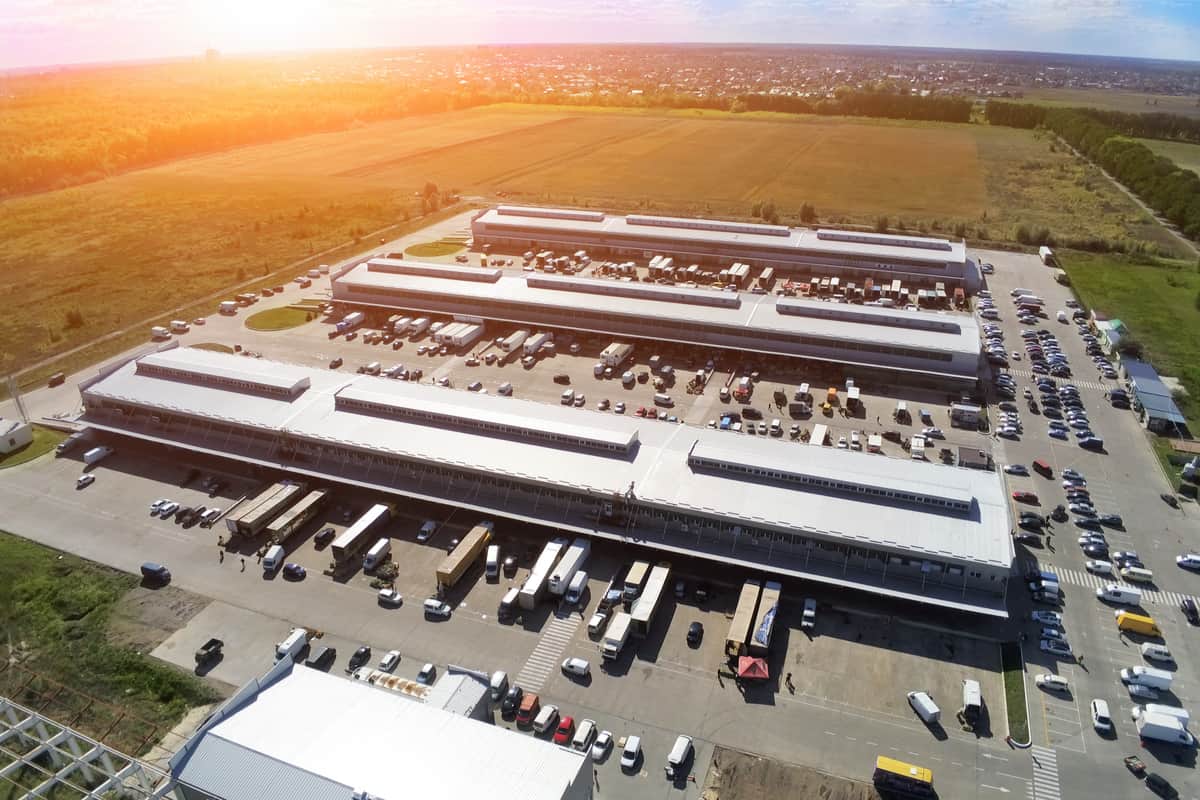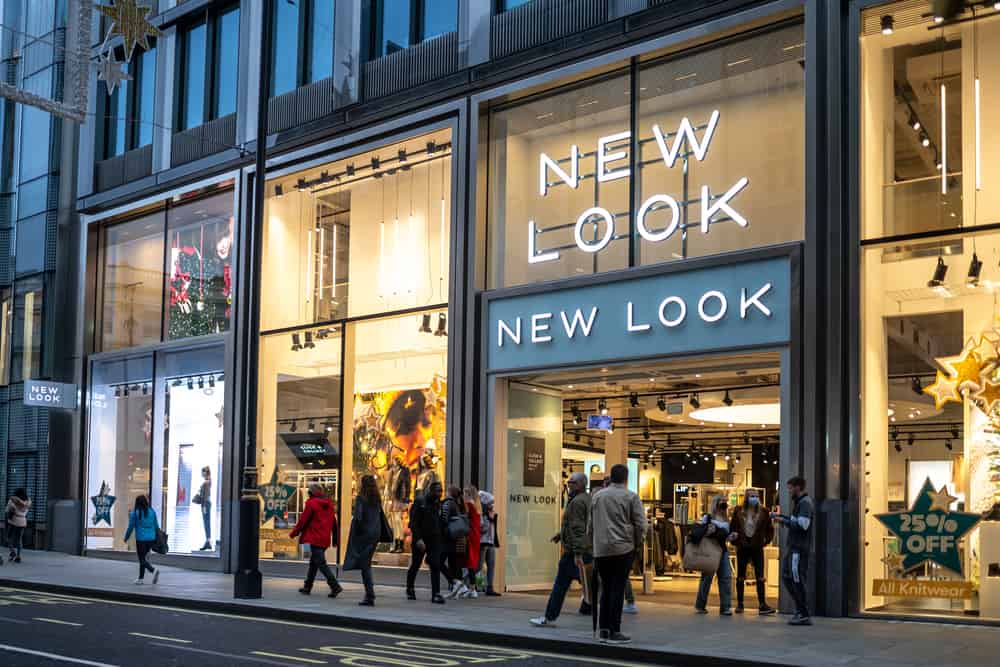The UK now has the lowest level of available industrial space ever recorded following fast ecommerce expansion in recent years, research suggests.
Commercial property agent Colliers says that there is now only 18.1m sq ft of industrial space – used for activities such as logistics, warehousing as well as factories – left in the UK, following strong demand for logistics units during 2021. The figure, it says, reflects changing shopping patterns, as customers now choose to make more of their purchases online.
Investors and developers built 11.1m sq ft of speculative spaces of 100,000 sq ft or more in 2021, according to Colliers’ research. That’s 49% more than a year earlier and the equivalent of 26 Wembley Stadiums. But 75% of that space is either already let or under offer.
ONS figures for November 2021 suggest that 26.9% of sales took place online during the month. That’s the lowest share of sales since March 2020 (22.6%) and down from the peak of 36.8% of sales that took place in February 2021. However, it has stayed well ahead of the 19.6% of sales that were online in February 2020.
Colliers predicts that about 29% of sales will have taken place online in 2021, and that demand for new industrial warehouses will continue into 2022, pushing up rents as a result.
Andrea Ferranti, head of industrial and logistics research at Colliers, says: “The logistics sector continues to benefit from strong tail winds driving online consumer spending to constantly elevated levels. High levels of occupational activity and demand for new warehouses, due to the unceasing expansion of occupiers’ supply chains to keep up with e-commerce sales and online deliveries, will remain elevated throughout 2022. This will be supported by the provision of new space with global occupiers also working towards decreasing their carbon footprint.
“Despite demand remaining elevated relatively to historical standards, companies will continue to struggle to find space and it’s all about survival of the fittest and who will be able to expand operations in this challenging business environment.”
Len Rosso, head of industrial and logistics at Colliers, adds: “The latest ONS figures point to the fact that consumer shopping behaviour has really changed over the years. Rents will certainly rise, pushed by a landlord-favourable supply/demand imbalance, increasing land values and inflationary pressures on construction costs.
“As a result, developers and funds will be reluctant to agree a set rent in advance for pre-lets on purpose-built projects and speculative schemes. This strong occupier market will continue to attract investors and we expect further yield compression over the first half of this year. While we are tracking circa 18m sq ft of speculative supply advertised for completion by the end of this year, the sector really needs this extra space to function properly and given the strength of the demand, we believe that the market will not be oversupplied in 2022.”









